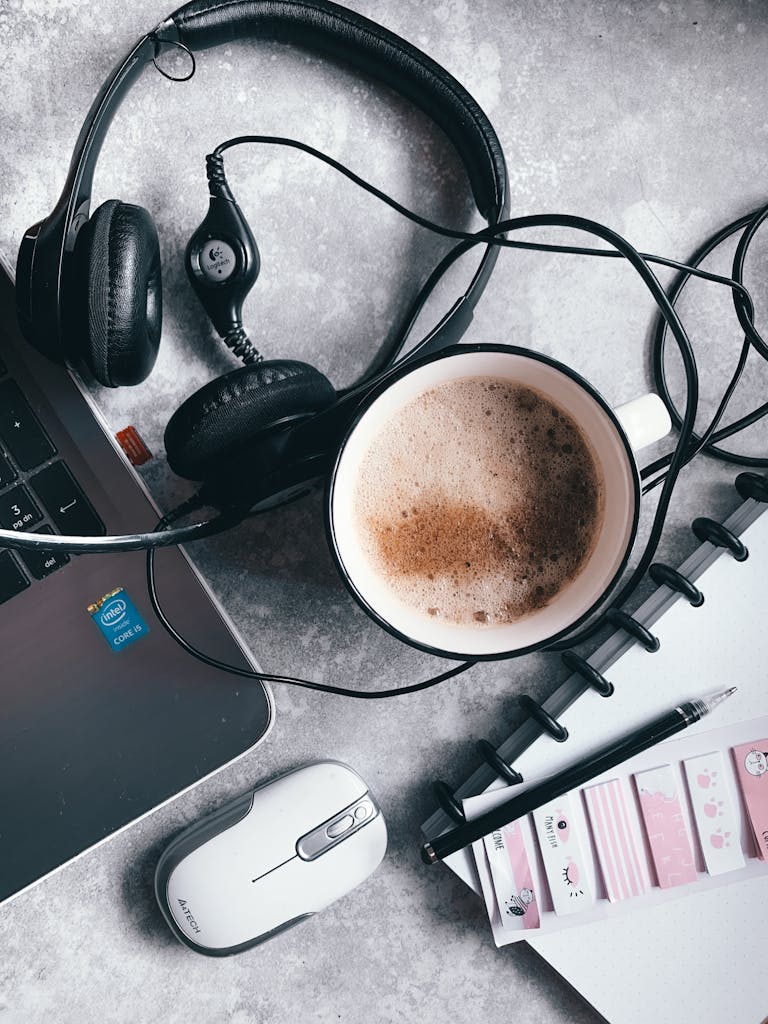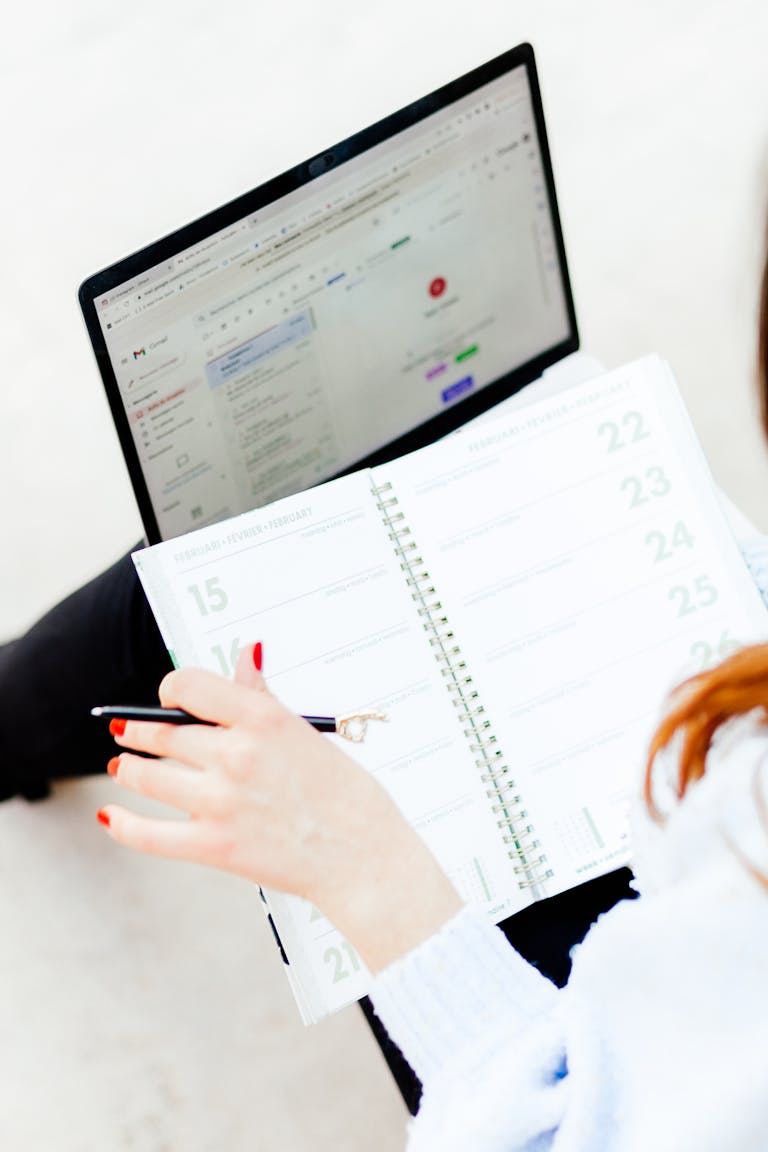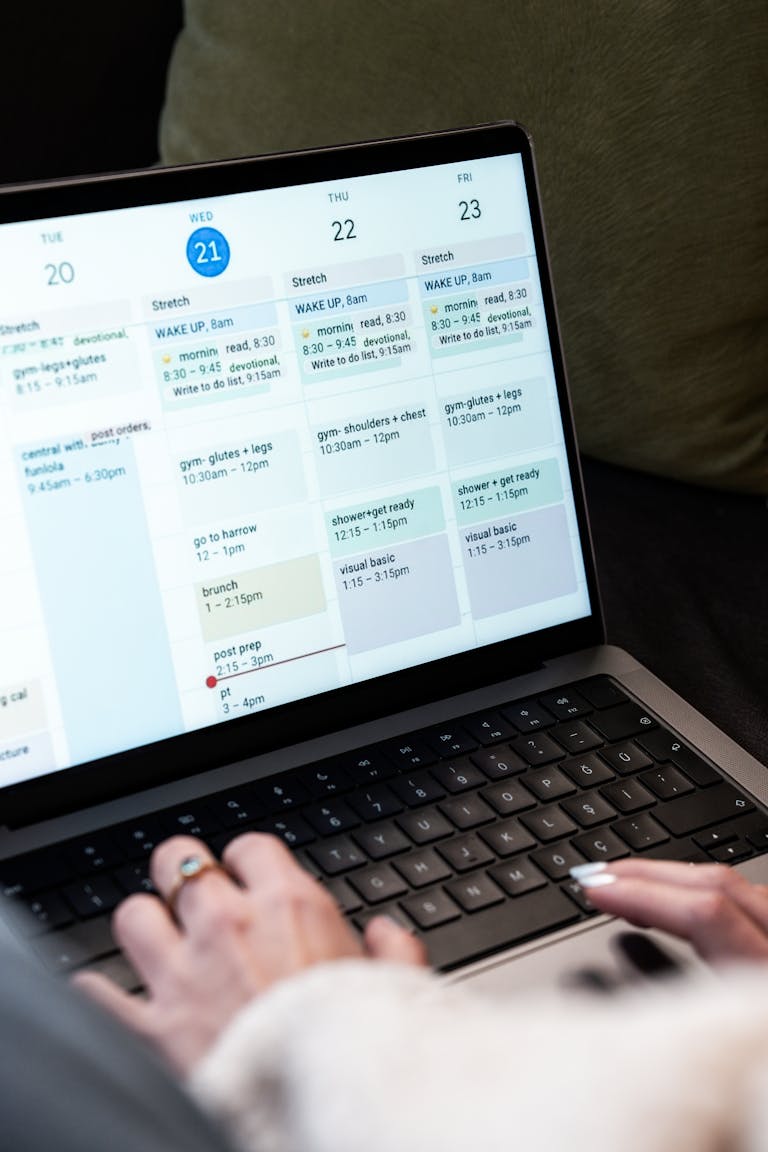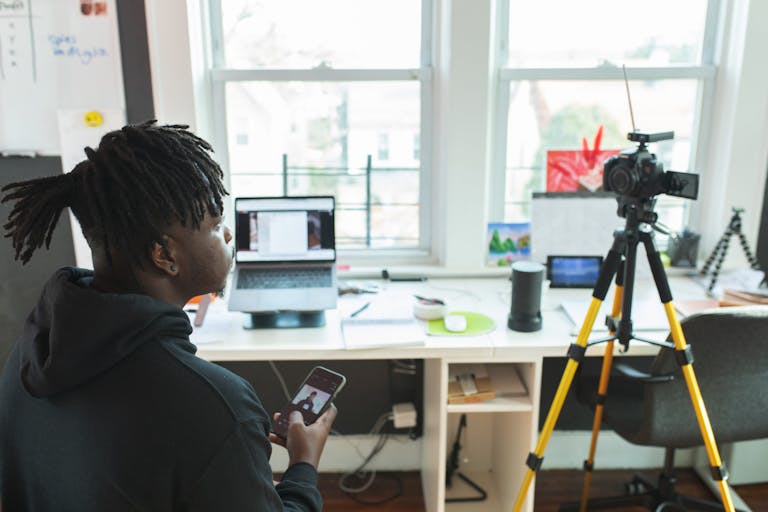Introduction
In a world where every ping, buzz, and alert is fighting for your attention, maintaining focus feels like a superpower. But it doesn’t require superhuman strength—just smart digital habits. By reshaping how you use your devices, you can take back control of your attention and start producing work that matters.

1. Turn Off Non-Essential Notifications
Notifications are constant interruptions. Disable all but the critical ones (e.g., calls or calendar reminders). This one change can reduce mental clutter dramatically.
2. Use a Focus App
Apps like Forest, Focus@Will, or Freedom block distractions and reward deep work. They turn your phone from an enemy into an ally.
3. Schedule Screen-Free Breaks
Use techniques like Pomodoro (25 mins focus, 5 mins rest) to avoid burnout. Get up, stretch, or go outside during breaks—don’t scroll.
4. Declutter Your Digital Desktop
A messy desktop equals a messy mind. Organize files, close unused tabs, and use minimalist wallpapers to reduce visual noise.
5. Set a Digital Curfew
Establish a time when all screens go off—ideally an hour before bed. Blue light affects your sleep, and constant input kills creativity.
6. Group Similar Tasks
Batch emails, messages, and social media checks into set windows. This helps you avoid “task switching,” a known productivity killer.
7. Use the Do Not Disturb Mode Wisely
When you need focus time, activate Do Not Disturb on all devices. Let coworkers or loved ones know your “focus hours” in advance.
Q1: What’s the fastest way to improve digital focus?
Start by disabling notifications and closing unused tabs. These two steps deliver immediate results.
Q2: Is multitasking really that bad?
Yes. Studies show multitasking reduces productivity by up to 40%. Focus on one task at a time for best outcomes.
Q3: Can focus apps really help?
Yes. Tools like Forest or Freedom create accountability and minimize temptation.
Q4: What if my job requires constant digital communication?
Use structured time blocks. Communicate availability, and reserve protected focus periods in your calendar.
Try implementing just two of these habits today. Notice how your mental clarity shifts. Your best work doesn’t need more hours—it needs fewer distractions.

I’m EKBAL HOSSAIN MONDAL, the creator of SmartSolveTips.com — a blog dedicated to helping people improve productivity, avoid digital burnout, and live better online. With years of hands-on experience in self-development and digital wellness, I write practical tips and tools to help you stay focused and thrive in a fast-paced digital world.






